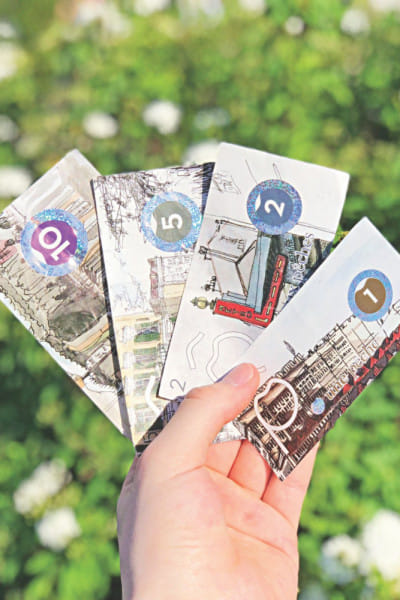Taking stock

When Bill Gates famously suggested that "banking is necessary, banks are not" in the 1990s, it was seen as a deliberately provocative statement from one of the world's wealthiest men.
Then came the global crash of 2008 that not only prompted the collapse of some of banking's big beasts, but also accelerated a popular distrust of banks in general, especially among millennials who were starting to wonder how, and where, to spend their cash.
So is there another, better, way to do money?
In 1929 the Wall Street Crash led two businessmen in Switzerland to set up one of the first alternative currencies, the WIR, to offer increased security and reliable cash flow to local businesses, and which is still operational today.
Fast forward to 2008 and yet another wave of global economic soul searching. Since then interest in community currencies – only useable within that community and for the benefit of that community – has been growing.
Earlier this year, Paris became the first major capital to launch a citywide cash-based local currency known as "la pêche". Across the Channel, East Londoners have been using a digital wallet on their smartphones provided by Israeli startup Colu, while South Londoners flash Brixton pounds with David Bowie on the notes.
Advocates of alternative currencies say that re-thinking finance also tackles social, environmental and democratic inequalities. The business of knowing and trusting your suppliers and customers, buying locally to reduce food miles, and keeping cash moving within the area rather than leaking abroad all add up to what is known as the local multiplier effect.
From Paris to London and beyond, that's not small change.

 For all latest news, follow The Daily Star's Google News channel.
For all latest news, follow The Daily Star's Google News channel. 



Comments